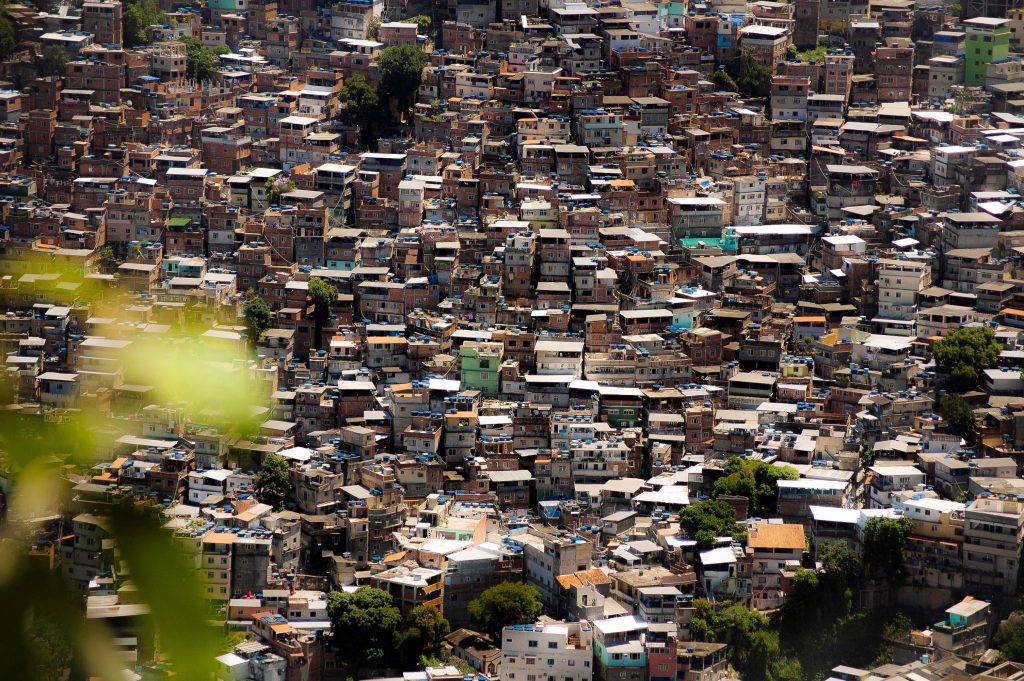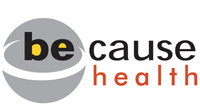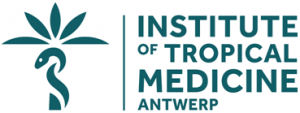
Our world is ‘urbanizing’ rapidly: Two out of every three people are likely to be living in cities or other urban areas by 2050, our world is ‘urbanizing’ rapidly. Do we need to adapt our existing health systems thinking and current models and paradigms? Cities are often unhealthy places to live, but they also offer opportunities for social change, innovation and inter-sectoral solutions, including in health. How to achieve universal access to health in cities? What is the best way to organize health services and the health system in urban settings? How does addressing the impact of urban life impact on the health of urban populations?
Be-cause health, the Belgian platform for international health, will organize its annual international conference on 15-16 October 2019 in Brussels. This year’s conference focus on Urban Health will bring together Belgian and international development and health professionals, NGOs and academic researchers. We will take advantage of Brussels as our host city to showcase its experience as well as global experiences from low- and middle-income countries.
The organizers can assist with the cost of travel and accommodation for a limited number of selected speakers from low-income countries or settings. We invite individuals to submit short stories or scientific abstracts on recent (research) findings.
We are looking for a mix of field experiences (stories) and results of (academic) research and/or documented professional observations. First and foremost, we are aiming at experiences with developments in health in cities (slum areas) in LICs or MICs (Low Income or Middle Income Countries), but also with challenges for health systems in rich countries that affect the precarious populations.
For each of the six tracks, we would like to stimulate group discussions. The presentations should raise hypotheses and/or exchanges on the steps, the functioning and the policies to follow based on scientific findings.
The conference seeks to exchange on diverse health needs of urban populations (regardless of age, sexual orientation, background), including Sexual Reproductive Health and Rights – SRHR, health responses to existing infectious diseases such as Zika, influenza, HIV, TB, and emerging urban epidemics such as the co-existence of malnutrition and overnutrition/obesity, diabetes and sedentary lifestyles. The deadline to submit is extended till 30 June by 5:00 pm CET. Each story or abstract has to be submitted separately via the conference submission form, and linked to one of the following 6 tracks:
- Track 1: Urban health service delivery
How can we leverage the urban potential for health service delivery? This question lies at the core of this track. We are interested in sharing innovative ways of organizing health services: how to acknowledge challenges of and effectively use the advantage of urban specificities (scale, proximity, anonymity, …) in order to deliver better care; e.g. how to identify and harness innovation, training and rotation of health staff, providing services at scale. What can we learn from linkages operating within cities through referrals across health providers, and multi-sectoral action such as emergency response teams? This session has also an interest in research/experiences in urban populations’ increased use of (formal and informal) private health services, and the issue of how to engage with private providers who might not recognize public health stewardship.
- Track 2: Urban health systems
Rapid urbanization calls for innovative ways of organizing health systems in cities. A structured effort in that respect is long overdue. Some of the most pressing questions are: does the traditional (WHO) concept of “health districts” hold in urban settings? If not, what is (are) the alternative(s)? If yes, how to adapt them to this specific environment? For instance, would every single urban “district” need its own referral hospital? How to delineate “populations of responsibility” in a urban environment? How to manage the high density of health care providers and their diversity in terms of qualifications and organizational formats? Which are the specificities of care pathways and/or the therapeutic itineraries in urban settings, and how to address them? This session seeks best practices, recent findings on how to capitalize on the range of urban advantages (amongst others in terms of scale, geographical access of services, possibility of choice of healthcare providers and other social services, etc.), and how to adapt to the urban environment with the aim of implementing Primary Health Care (with a focus on some of its key features: stewardship, basic healthcare delivery and multisectoral action).
- Track 3: Health equity
Income inequality has increased globally and had an impact on the access of urban populations to quality health services. Discrimination and even criminalization prevent ‘key populations’ and minority groups to access essential health services and rights. This session seeks short stories and recent findings engaging with some of the following questions: Which (health) policies can improve access to health in settings marked by vast inequality and inequities? What does community health promotion (or its failure) mean in an (informal) urban setting? Which policies of non-discrimination and access to essential services such as mobility, housing, water and sanitation, etc. determine the health of the city’s diverse populations?
- Track 4: Eco-health: linking health and environment
Cities are often unhealthy places to live due to the impact of several factors, such as air-pollution, noise pollution, existence of food deserts, poor quality housing and infrastructure in slum areas, and lack of access to green spaces. This session seeks short stories and recent findings on: How to better link urban planning/ and take advantage of urban scale and geography, innovate upon circular ‘local’ production/economy, and other interventions supporting a healthier environment for urban populations.
- Track 5: Ensuring safety in the city
Cities innovate and invest to become “child proof”, accessible, bicycle-friendly, aim to upgrade ‘no-go’ areas with weak (public) service delivery, and city residents campaign against crime and sexual and gender-based violence. This session aims to address various topics related to safety including ways to reduce road traffic mortality, to address high levels of (sexual) violence in urban areas, to manage health hazards of waste management, and overall ways for city governments to plan and coordinate multiple (health and other) stakeholders to improve safety. Can the rising use of surveillance, ‘smart’ cities and artificial intelligence contribute to this goal?
- Track 6: Urban planning & Urban (health) Governance
(Progressive) City governance requires a multi-disciplinary approach to improve urban health embracing the complexity of decision-making and implementing co-governance (collaborative governance) with a multitude of stakeholders and hitherto ignored communities. This session aims to share best-practices and facilitate a debate on how to coordinate health districts under ministry of health and local governments’ public services purview such as water and sanitation, public transportation and housing. What does it take to include health assessments in urban planning and decision-making and to move toward to more coordinated (HealthinAll) policies and better accountability?
The conference is organized by Be-cause health in partnership with Enabel – Belgian Development Agency, Memisa, the Institute of Tropical Medicine (Antwerp), Sensoa, University of Antwerp, Université de Liège, Université Libre de Bruxelles/Ecole de Santé Publique, ULB Coopération and Viva Salud.
Supported by


